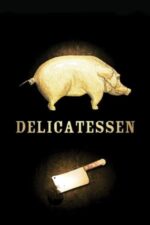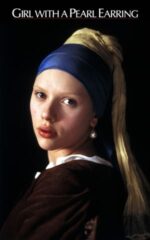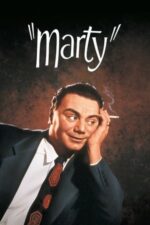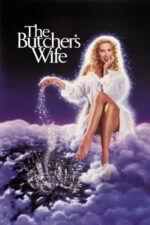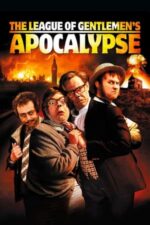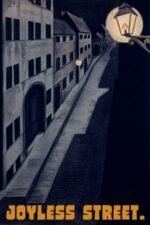Beyond the Cleaver: Exploring the Symbolism of the Butcher on Film
Okay, so "butcher." It's a visceral word, isn’t it? Immediately conjuring images of blood, sharp tools, and… well, meat. But when we start thinking about that image through the lens of cinema, things get really interesting. The butcher isn't just someone who prepares food; they represent something deeper – often violence, societal breakdown, or even a twisted kind of justice. It’s a surprisingly rich thematic vein in film history, and I wanted to chat with you about why that is.
Think about it: the act of butchering inherently involves taking something whole and reducing it to parts. That resonates powerfully with how we often dissect narratives, characters, or even societal structures within films. It’s a process of deconstruction, and that can be used for all sorts of storytelling purposes.
Take Penjagal Iblis: Dosa Turunan (The Devil's Slaughterer), for example. The very title – "butcher" in this context isn’t about meat; it’s about someone tasked with eliminating evil. It’s a powerful, almost mythic image, instantly establishing Ningrum as an outsider battling forces beyond our comprehension. She's not just fighting demons; she's dismantling them, piece by piece. The film uses the butcher metaphor to explore ancient beliefs clashing with modern anxieties – a fascinating commentary on faith and fear.
Then you have something completely different like The Butcher, the Chef, and the Swordsman. Here, the "butcher" is more playful, tied to a kitchen cleaver that’s become a symbol of power and vengeance. It's an action-comedy, so the weight isn't as heavy, but the underlying idea remains: this tool represents a force capable of cutting through obstacles – both literal and metaphorical. It’s almost like a visual pun on “cutting edge” - a clever way to inject humor into a potentially serious premise.
What I find particularly compelling is how the butcher figure can be used to comment on broader societal issues, as We Feed the World does. While not featuring a literal butcher, the film exposes the brutal realities of industrial food production – essentially, it’s butchering our planet and exploiting vulnerable communities for profit. The imagery might be different, but the core concept remains: something is being broken down, processed, and commodified with devastating consequences.
Even films that don't explicitly feature a butcher can tap into this symbolism. The Northerners, with its exploration of repressed desires in 1960s Netherlands, hints at a societal "butchering" of individuality – the way rigid social norms chop away at personal expression and authentic connection.
I remember once reading an interview with director Stanley Kubrick where he talked about how he saw violence on screen as a kind of surgical procedure - precise, clinical, and ultimately revealing. That really stuck with me, because it highlights this inherent power in using imagery associated with butchery to explore complex themes.
So next time you’re watching a film and see a character wielding a knife or dealing with raw materials, pay attention! You might just find that the seemingly simple image of the butcher is revealing something profound about the story being told.
What films do you think use this imagery effectively? I'd love to hear your thoughts!





















